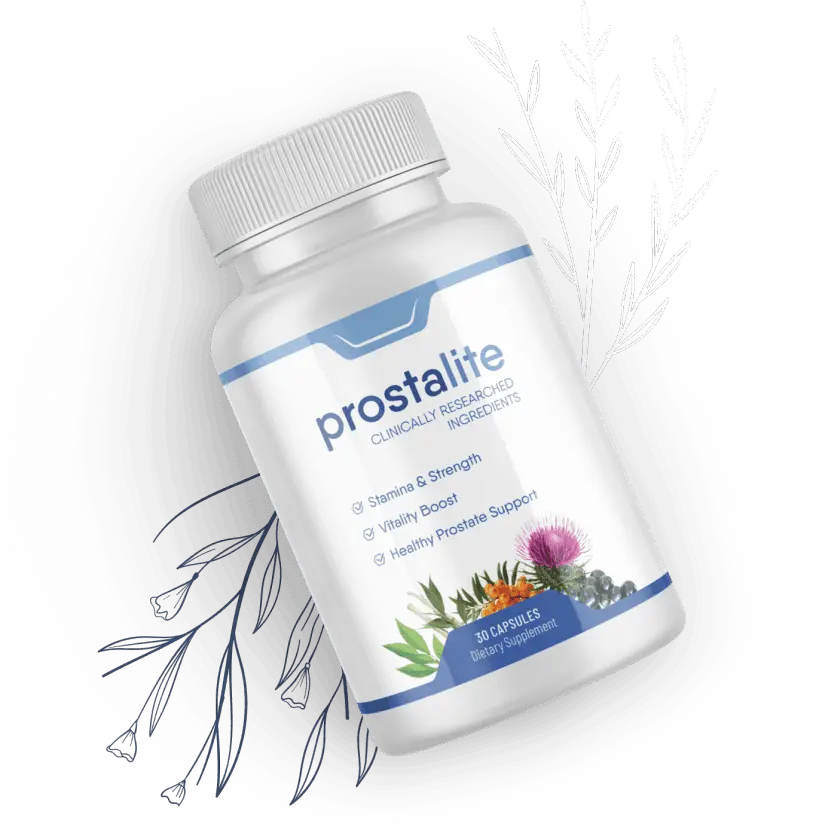Let’s dive into some of the most effective natural supplements for prostate health and examine the science behind them.
1. Saw Palmetto
Saw palmetto is one of the most well-researched and widely used supplements for prostate health. Derived from the berries of the Serenoa repens plant, saw palmetto has been shown to block the enzyme 5-alpha-reductase, which converts testosterone to DHT. By reducing DHT levels, saw palmetto helps prevent prostate enlargement and may alleviate symptoms of BPH.
How It Works: Inhibits the production of DHT, a hormone linked to prostate growth.
Scientific Evidence: A review of clinical studies published in BMC Urology found that saw palmetto significantly improved urinary symptoms and increased urine flow in men with BPH.
Recommended Dosage: 160 mg twice daily of standardized saw palmetto extract.
2. Beta-Sitosterol
Beta-sitosterol is a plant sterol found in many fruits, vegetables, nuts, and seeds. It has been shown to improve urinary symptoms in men with BPH by reducing inflammation and promoting better urine flow.
How It Works: Reduces inflammation and improves bladder function.
Scientific Evidence: Studies published in The Lancet showed that beta-sitosterol supplementation improved urinary symptoms and flow rates in men with BPH.
Recommended Dosage: 60–130 mg daily.
3. Pygeum
Pygeum, derived from the bark of the African plum tree, has been used for centuries to treat urinary problems. It helps reduce inflammation and has been found to improve urinary flow and reduce the frequency of nighttime urination (nocturia), a common symptom of BPH.
How It Works: Anti-inflammatory properties help reduce prostate swelling and improve urinary function.
Scientific Evidence: A review of studies published in the Cochrane Database found that pygeum improved overall urinary symptoms and quality of life in men with BPH.
Recommended Dosage: 100–200 mg of standardized pygeum extract daily.
4. Zinc
Zinc is an essential mineral that plays a vital role in prostate health. Men with prostate problems, including BPH and prostatitis, are often found to have lower levels of zinc in their prostate tissues. Supplementing with zinc may help reduce inflammation and support normal prostate function.
How It Works: Supports immune function and reduces inflammation in prostate tissue.
Scientific Evidence: Research published in The Journal of Nutrition found that adequate zinc intake is associated with a lower risk of advanced prostate cancer.
Recommended Dosage: 15–30 mg daily.
5. Lycopene
Lycopene is a powerful antioxidant found in tomatoes and other red fruits. It has been studied for its potential role in reducing the risk of prostate cancer and supporting overall prostate health. Lycopene works by neutralizing free radicals that can damage prostate cells and contribute to the development of cancer.
How It Works: Acts as an antioxidant, protecting prostate cells from oxidative damage.
Scientific Evidence: A study published in Cancer Epidemiology, Biomarkers & Prevention found that men with higher dietary intake of lycopene had a significantly reduced risk of prostate cancer.
Recommended Dosage: 6–15 mg daily.
6. Curcumin (Turmeric)
Curcumin, the active compound in turmeric, is known for its anti-inflammatory and antioxidant properties. It helps reduce inflammation in the prostate, which may be beneficial for both BPH and prostatitis.
How It Works: Reduces inflammation and oxidative stress.
Scientific Evidence: A study published in Prostate Cancer and Prostatic Diseases found that curcumin could inhibit the growth of prostate cancer cells and reduce inflammation.
Recommended Dosage: 500–1,000 mg of curcumin daily.





